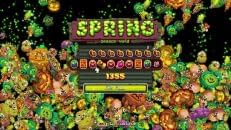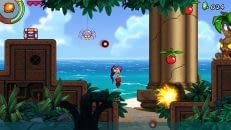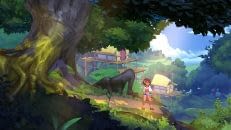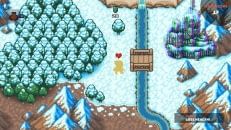Beginners Guide to Indie Game Development: Lesson 1 – Your Game Idea Ain’t so Great
It came to you last night. You’re sure it’s the best idea for a video game ever. You’re so passionate about your idea and so sure that it’s going to be huge that you’re willing to quit your job and learn to code from scratch in order to get this game made. Put simply, it is genius. It will change gaming. You’re passionate about making the thing yourself. You’re ready to become an indie game developer and make this game a reality.
Wakeup call, every developer thinks their game idea is genius. As confident as you are in your game concept, new indie developers constantly make the mistake of thinking they can produce, code and be successful with a unique game concept out of the gate. Have you even considered how you are going to market and sell this innovativegame? What’s your game’s demographic? How long will it take to produce? How much will art, music and other assets cost? What platform will it launch on? What engine will the game run on?
If you don’t know the answer to all those questions, it’s time to cool down. I’ve never met a game developer who doesn’t have hundreds of game ideas. The question becomes, which of these ideas will be the most profitable. The reality is that your innovative and groundbreaking game idea is expensive and risky to make. The hardest thing about making an indie game isn’t coming up with the concept; it’s executing and finishing it. Many aspiring indie game developers never finish their great game idea because it was too grandiose to start out with. You’re not going to come out with the next “World of Goo” if you’re new to the industry. If you’ve never worked for a big game publisher, table your great game idea till you get at least 1 profitable indie game under your belt. The innovative and risky game will always be there for later.
This advice has been given ad nauseam on so many indie game forums. Regardless, the noob is stubborn, doesn’t listen, and never completes their gaming opus. The other common scenario is that they do finish and the game is mediocre (at best) and could use a lot more polish. Trust me I’ve been there. It sucks to finish a game and have lackluster sales. Everybody wants to sell hundreds of copies that first day of release, but you’re not releasing the next Halo, Warcraft, or Nintendo title.
Unfortunately it’s tough to pay for all the art, music and assets that go into an indie game. And that’s not even taking into account all your blood, sweat and tears. Convinced yet? Are you so passionate about your game idea that you’re willing to pay thousands of dollars just to have it made? If you are, go for it. You may break-even or even luck out and make some money, just be prepared for the loss.
If you want to be a lasting indie developer, you need to make money. So now that you’ve let go of your illustrious game, what do you do? The next step is finding an established game genre that you’re passionate about or enjoy. Visit one of the casual portals, play some free demos and find a game that’s really fun for you. If casual is not your thing, check out Steam or Direct2Drive for some of the more hardcore indie titles. Casual’s the easier route if you ask me, but there’s a good niche with hardcore strategy titles, RPGs, sims, etc. as well.
Do your homework. Find that game. Study it and prepare to copy it. It sucks, but cloning an indie game is an excellent way to get some experience, learn about developing, and assure that your game has potential customers. Go for a subtle tweaked clone or original spin on a proven game concept rather than your ambitious, risky and expensive game idea.
HOMEWORK ASSIGNMENT:
Download and play a ton of indie and casual games. Find a core game mechanic that you enjoy.






